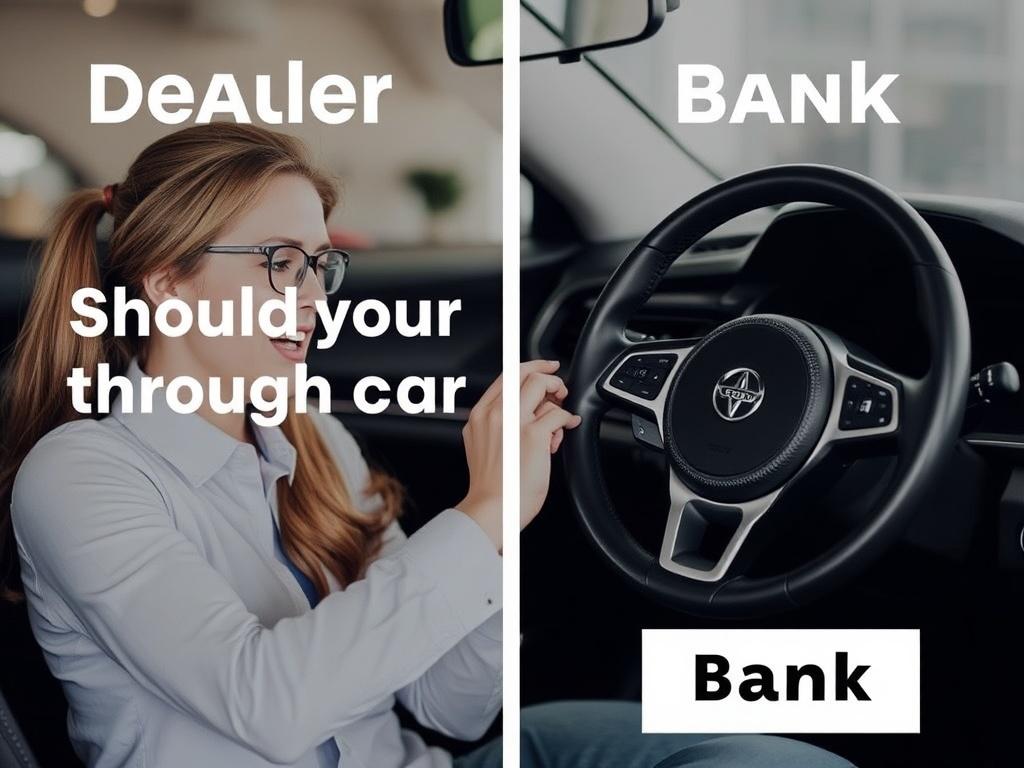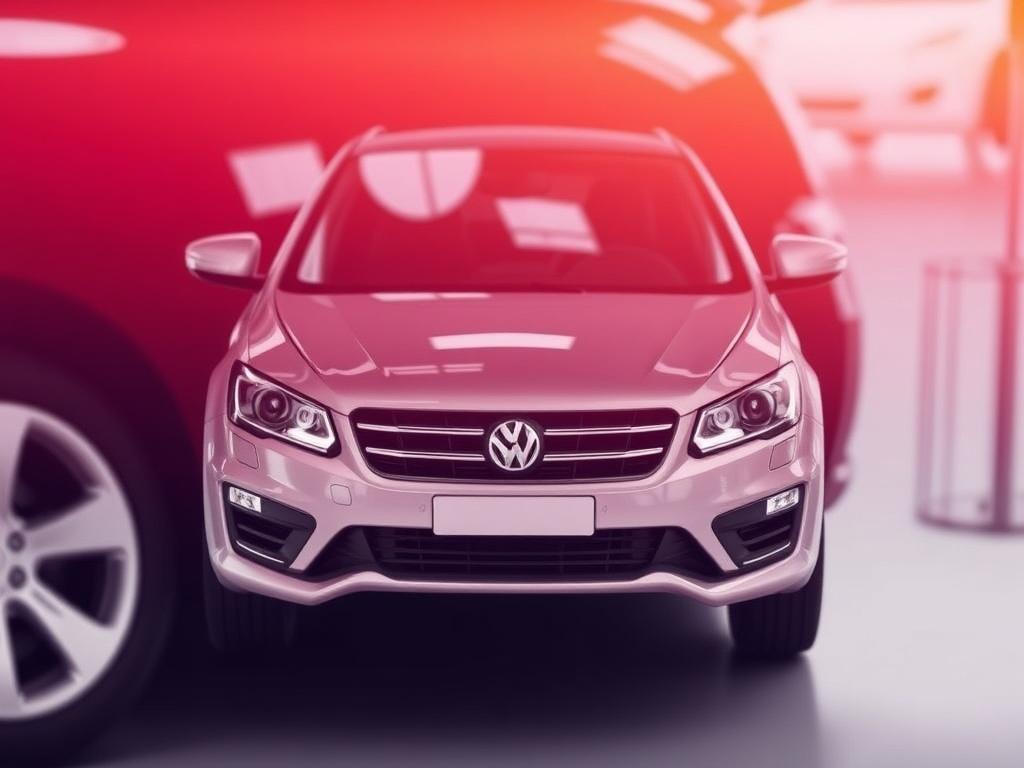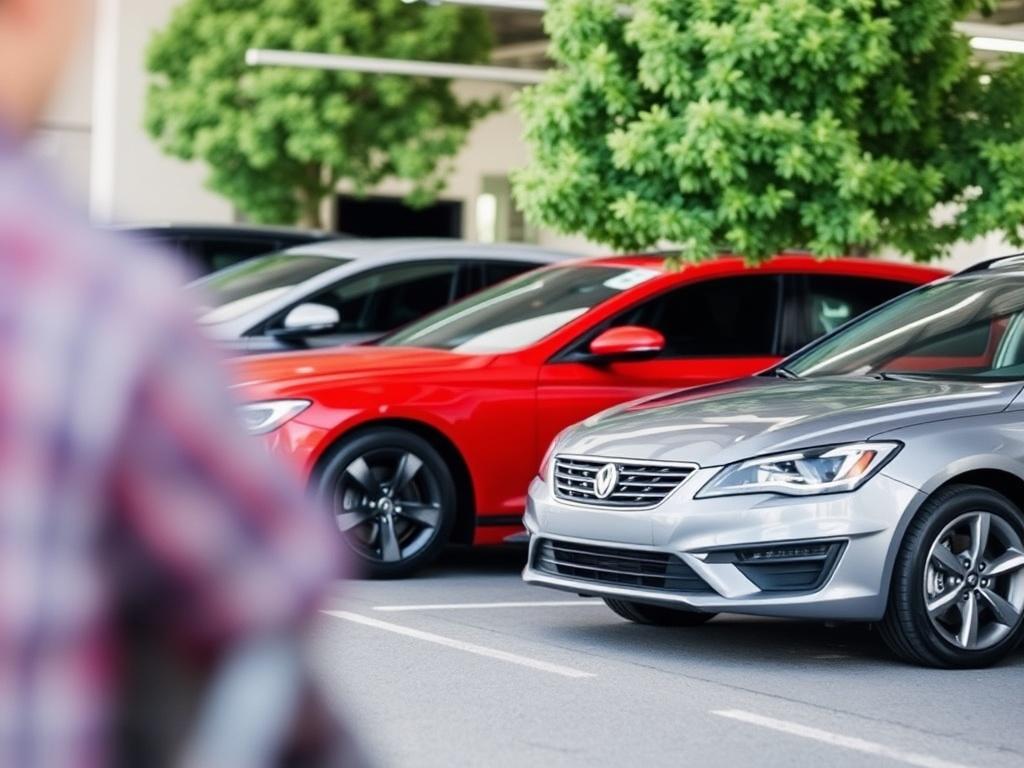SQLITE NOT INSTALLED
When it comes to buying a car, one of the biggest decisions you’ll face is how to finance it. Should you finance a car through a dealer or a bank? This question can feel overwhelming, especially if you’re navigating car financing for the first time. Each option has its pros and cons, and understanding both can help you save money, secure better loan terms, and make the car-buying process smoother. In this article, we’ll explore everything you need to know about dealer financing and bank financing, helping you decide which path is best suited for you.
Содержание
Understanding the Basics: Dealer Financing vs. Bank Financing
Before diving deeper, let’s clarify what it means to finance a car through a dealer or a bank. When you finance a car through a dealer, it means that the dealership offers you a loan directly or works with their network of lenders. They often handle all the paperwork and offer you loan options at the point of sale. This convenience makes dealer financing popular, but it’s important to wonder if the terms are the most favorable.
On the other hand, financing through a bank means applying for an auto loan directly with your bank or credit union. This option usually requires pre-approval before visiting the dealership. Banks often have strict lending criteria, but they can offer competitive interest rates, depending on your credit score.
How Does Dealer Financing Work?
When you choose dealer financing, you are essentially working with the dealership as a middleman between you and the lender. Many dealerships have partnerships with multiple financial institutions, including banks, captive finance companies (those owned by car manufacturers), and alternative lenders. Here are some key points about dealer financing:
- Dealers often provide “one-stop shopping” by handling the loan paperwork on your behalf.
- They might offer promotions, such as zero-percent financing or cash rebates.
- Interest rates might be higher on average compared to banks because dealers may add a markup.
- The convenience of completing everything at once is a big draw, especially if you want to drive off quickly.
This convenience can sometimes lead buyers to accept a loan without fully comparing rates elsewhere, so it’s essential to stay informed.
How Does Bank Financing Work?
Bank financing means you apply directly with a traditional bank or credit union for a loan, either before or after selecting your car. Many buyers choose to get pre-approved for an auto loan before stepping foot into the dealership. This strategy has several benefits:
- You’ll likely get lower interest rates since banks don’t have the overhead costs and incentives of a dealership.
- Having a pre-approved loan strengthens your negotiation power when buying a car.
- More transparency in terms of loan terms and monthly payments.
- Additional flexibility to shop for a car from various dealerships without being tied to dealer financing offers.
However, applying through a bank might require additional time and paperwork compared to the dealer’s streamlined process.
Comparing Interest Rates: Dealer Financing vs. Bank Loans
When deciding whether to finance your car through a dealer or a bank, one of the crucial factors is the interest rate you’ll pay on your auto loan. Small differences in interest rates can significantly affect the total amount you pay over time.
Typical Interest Rate Ranges
Here’s a simple table comparing typical interest rates you might expect from dealers versus banks, based on your credit score and current market conditions:
| Credit Score | Dealer Financing Rate | Bank Financing Rate |
|---|---|---|
| Excellent (750+) | 2% – 4% | 1.5% – 3.5% |
| Good (700-749) | 4% – 6% | 3% – 5% |
| Fair (650-699) | 6% – 9% | 5% – 8% |
| Poor (below 650) | 9% – 15%+ | 8% – 14%+ |
As you can see, bank financing often offers competitively lower rates, especially if you have a strong credit score. However, dealership promotions can occasionally match or beat bank interest rates, particularly through manufacturer-backed incentives.
Why Dealers Might Offer Higher Rates
Dealerships sometimes mark up interest rates offered by lenders to earn a commission on the financing deal. This markup means the advertised rate from the lender might be increased when presented as a dealer offer. While this practice isn’t universally applied and some dealers maintain competitive pricing, it’s important to ask explicitly about the interest rate and shop around.
Convenience and Flexibility: What Matters More?

When contemplating whether to finance a car through a dealer or a bank, convenience plays a huge role for many buyers.
Benefits of Dealer Financing Convenience
Imagine you’ve selected your dream car at a dealership. With dealer financing, you can apply for the loan, get approval, sign paperwork, and drive off—all in a single visit. This full-service approach appeals to buyers valuing time savings and simplicity. Dealers are equipped to process many loan applications quickly, making car buying a one-stop experience.
Flexibility Benefits in Bank Financing
Conversely, bank or credit union financing might require a bit more effort upfront but offers flexibility afterward. Being pre-approved:
- Lets you identify a maximum loan amount, narrowing your car search.
- Reduces surprises during the purchase process.
- Enables you to negotiate car price independent of financing, which can lower total costs.
Banks also may provide longer loan terms or tailored loans depending on your financial profile.
Hidden Costs and Fees to Watch Out For

Regardless of whether you finance a car through a dealer or a bank, keeping an eye out for hidden fees is critical. While the interest rate grabs most attention, fees can add up and increase the cost of your car loan.
- Dealer Fees: Dealers might add processing fees, documentation fees, or loan origination fees. Sometimes these are negotiable. Always request a breakdown of fees before signing.
- Bank Fees: Traditional banks may charge loan application fees or early repayment penalties, though many are moving to fee-free loans.
Ask directly about all fees involved. Transparency is your best tool in avoiding surprise costs.
Impact on Your Credit Score
Applying for financing through either a dealer or a bank involves a credit check, which can impact your credit score temporarily. Here’s how financing options compare:
Multiple Loan Inquiries
When dealers run your credit through different lenders, multiple hard inquiries might show up on your credit report. Fortunately, credit scoring models often group these inquiries if done within a short window (typically 14-45 days), minimizing the impact.
Effect of Pre-Approval through a Bank
If you get pre-approved by a bank, it shows lenders you’re a serious borrower. This pre-approval can simplify dealer negotiations and avoid multiple credit checks, potentially protecting your score.
Best Tip:
Always check your credit report and score before starting financing talks. The better your credit, the more advantageous your options will be when deciding whether to finance a car through a dealer or a bank.
How Does Your Credit Score Influence the Decision?
Your credit profile plays a major role in financing your car. If you have excellent credit, both dealer and bank financing can offer favorable terms, but usually, bank rates will be lower. However, if your credit is less than stellar, dealer financing might be more accessible despite higher rates because dealers often work with subprime lenders.
Financing Options by Credit Tier
| Credit Tier | Best Financing Option | Notes |
|---|---|---|
| Excellent | Bank Financing | Lower interest rates, better rewards. |
| Good to Fair | Either, But Pre-Approval from Bank Preferred | Shop both, compare rates carefully. |
| Poor | Dealer Financing May Be Easier | Dealer may work with subprime lenders; compare carefully. |
If your goal is the lowest monthly payments and best interest rates, working on improving your credit before buying a car is beneficial.
Promotions and Special Financing Deals: What Dealers Offer
One of the major perks of financing a car through a dealer is access to special manufacturer-backed promotions. These deals may include:
- 0% APR for a limited time
- Cash rebates or incentives
- Flexible loan terms tied to specific models
- Special financing for recent graduates or military personnel
While these offers can be attractive, they usually apply only to buyers with excellent credit. It’s also crucial to read the fine print, as low or zero-percent financing might mean no other discounts apply.
Negotiating Dealer Financing
Even dealer financing may have wiggle room. Here are some negotiation tips:
- Get quotes from banks first to know the current market rates.
- Ask the dealer to match or beat your bank’s rate.
- Request a breakdown of all fees to avoid surprises.
- Don’t be afraid to walk away if the deal isn’t competitive.
Step-by-Step Guide: Financing Your Car Smartly

To help you navigate whether you should finance a car through a dealer or a bank, here’s a step-by-step checklist:
- Check Your Credit Score: Know where you stand and take steps to improve it if needed.
- Set Your Budget: Determine how much you can afford in monthly payments and total loan amount.
- Get Pre-Approved by Your Bank or Credit Union: This strengthens your bargaining position and helps compare offers.
- Visit the Dealership: Check dealer financing offers and ask for detailed loan terms and interest rates.
- Compare Offers: Look beyond monthly payment figures; calculate the total cost of the loan, including interest and fees.
- Negotiate Terms: Whether deciding on dealer or bank financing, don’t hesitate to ask for better rates or waive fees.
- Read Contracts Thoroughly: Understand every term, condition, and fee before signing.
Frequently Asked Questions About Car Financing
Can I finance a car with bad credit?
Yes, but options may be limited to dealer financing or specialized lenders with higher interest rates. Improving your credit first can lead to better loan offers.
Is it better to get pre-approved before going to the dealership?
Absolutely. Pre-approval helps you know your budget, strengthens your negotiating power, and can speed up the buying process.
Do banks offer better loan terms than dealers?
Typically, banks and credit unions provide lower interest rates and better loan terms, but dealer promotions can sometimes offset these benefits.
Should I consider other financing options besides banks and dealers?
Yes, credit unions, online lenders, and peer-to-peer lending platforms are alternatives that might offer competitive terms.
Are there risks in financing through a dealer?
Some dealers mark up interest rates or add extra fees. Always compare offers and read loan details carefully.
Summary Table: Dealer Financing vs. Bank Financing
| Aspect | Dealer Financing | Bank Financing |
|---|---|---|
| Convenience | High; one-stop shop for loan and car purchase | Moderate; requires separate loan application |
| Interest Rates | Often higher, but special promotions available | Generally lower rates |
| Loan Terms | Fixed by dealer’s lenders; sometimes less flexible | More flexible and negotiable terms |
| Fees | May include markup and documentation fees | Usually transparent with minimal fees |
| Credit Requirements | More lenient; works with various credit profiles | Stricter lending criteria |
| Promotions | Often offers manufacturer deals and rebates | Limited to standard lending offers |
Conclusion
Choosing whether to finance a car through a dealer or a bank depends on your unique financial situation, credit history, and priorities. If convenience and quick approval are your main concerns, dealer financing might be the right choice, especially if they offer attractive promotions. However, for many buyers, especially those with good or excellent credit, financing through a bank or credit union often means better interest rates, greater transparency, and more control over your loan terms. The most important step you can take is to educate yourself, shop around, get pre-approved if possible, and carefully compare all offers before committing. By doing so, you’ll not only make the process less stressful but also save money throughout your car ownership journey.
Опубликовано: 23 July 2025 Кредитрон – блог о кредитах, финансах и прочих реверансах
Кредитрон – блог о кредитах, финансах и прочих реверансах

